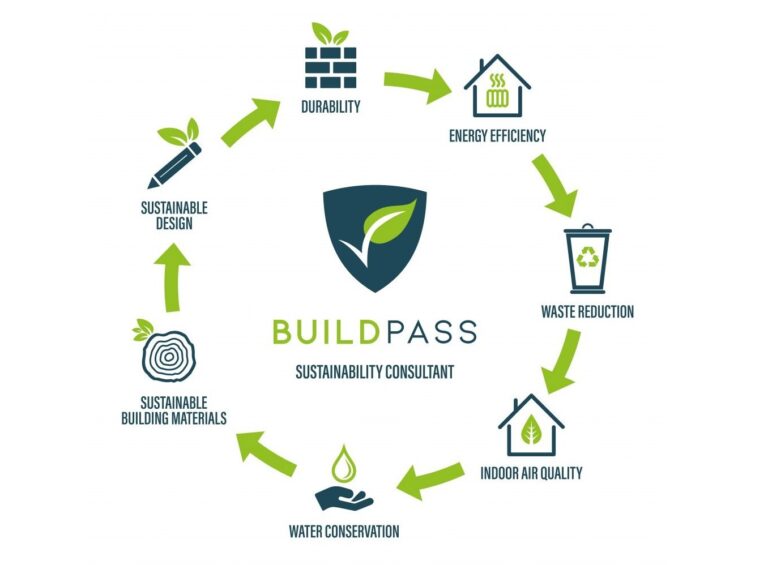

Construction projects, whether residential, commercial, or industrial, are complex undertakings that require careful planning, coordination, and execution. From managing timelines to ensuring quality control, the process involves countless moving parts that need to come together seamlessly for the project to be successful. This is where the role of a project manager becomes indispensable. Hiring a project manager for your construction project can provide numerous benefits that not only streamline operations but also improve the overall outcome.
1. Expertise and Experience
Project managers bring specialized knowledge and experience to the table. They understand the intricacies of construction processes, from design and procurement to execution and finishing. With their in-depth expertise, they can foresee potential challenges, manage risks, and make informed decisions to keep the project on track. Their familiarity with construction laws, regulations, and safety standards ensures that your project is compliant and avoids costly legal issues.
2. Efficient Planning and Scheduling
One of the most critical aspects of any construction project is effective planning and scheduling. A project manager creates a detailed plan that outlines every phase of the project, ensuring that resources are allocated appropriately, tasks are completed on time, and deadlines are met. By managing the project timeline, the project manager minimizes delays and ensures that the project progresses smoothly from start to finish.
3. Cost Control and Budget Management
Construction projects often face budget overruns due to unforeseen issues, design changes, or mismanagement. A skilled project manager is adept at controlling costs and managing the budget effectively. They monitor expenditures, negotiate with vendors and subcontractors, and make sure that the project stays within its financial constraints. Their ability to optimize resources and reduce waste can lead to significant cost savings, ultimately ensuring that you get the best value for your investment.
4. Quality Assurance
Quality control is a fundamental aspect of construction projects, and a project manager plays a key role in maintaining high standards throughout the build. They oversee every stage of the construction process, ensuring that work is completed to the required specifications and meets industry standards. By conducting regular inspections and addressing issues promptly, they ensure that the final product is of the highest quality.
5. Risk Management
Construction projects are inherently risky, with potential challenges ranging from weather delays to supply chain disruptions. A project manager is trained to identify and mitigate these risks early on. Through proactive planning and contingency strategies, they can prevent issues from escalating and causing major setbacks. Their ability to manage risks effectively reduces the likelihood of project disruptions and ensures that the project remains on schedule and within budget.
6. Improved Communication and Coordination
A construction project involves multiple stakeholders, including architects, engineers, contractors, suppliers, and clients. Effective communication and coordination among these parties are crucial for a successful project. A project manager acts as the central point of contact, ensuring that everyone is on the same page and that information flows smoothly. They facilitate collaboration, resolve conflicts, and keep all parties informed, reducing the chances of misunderstandings and errors.
7. Timely Problem Solving
Unexpected issues are inevitable in construction, whether it’s a design change, a material shortage, or an on-site challenge. A project manager is skilled at solving problems quickly and efficiently. With their experience and industry knowledge, they can navigate obstacles, make swift decisions, and find solutions that keep the project moving forward. This ability to manage unforeseen issues is crucial for minimizing delays and maintaining project momentum.
8. Focus on Client Needs
A project manager ensures that the client’s vision is at the forefront of the construction process. They work closely with the client to understand their goals, preferences, and expectations, and then align the project accordingly. By maintaining a client-focused approach, the project manager ensures that the final product not only meets but exceeds the client’s expectations.
9. Reduced Stress for the Client
Managing a construction project can be overwhelming for clients, especially those without experience in the field. By hiring a project manager, clients can offload the day-to-day responsibilities and complexities of the project. The project manager handles everything, from coordinating with contractors to overseeing inspections, allowing the client to focus on their own priorities. This peace of mind is invaluable, as it allows clients to enjoy the process without being bogged down by the details.
Conclusion
Hiring a project manager for your construction project is an investment in the success of your build. From expert planning and cost control to quality assurance and risk management, a project manager ensures that every aspect of the project is handled with precision and professionalism. Their ability to streamline operations, solve problems, and maintain open communication helps create a smooth and stress-free construction experience. Ultimately, a project manager’s role is to turn your vision into reality while delivering a high-quality project on time and within budget.

